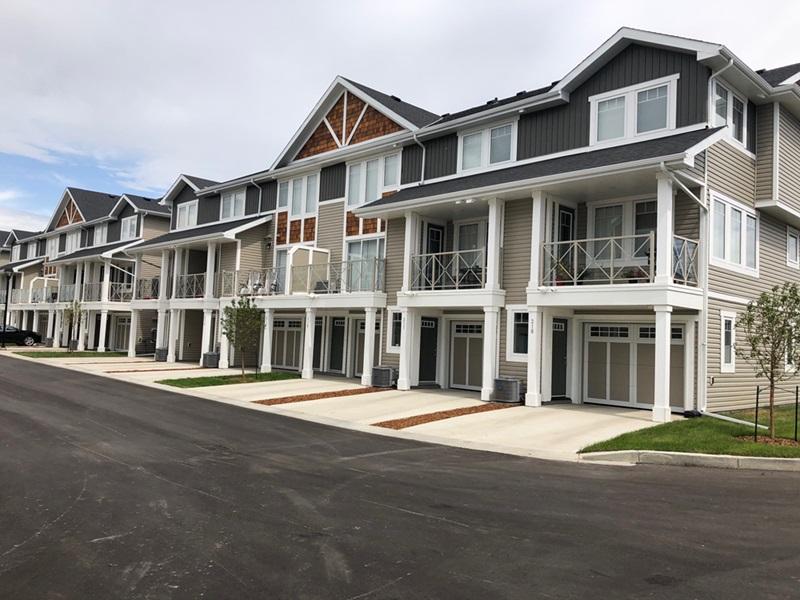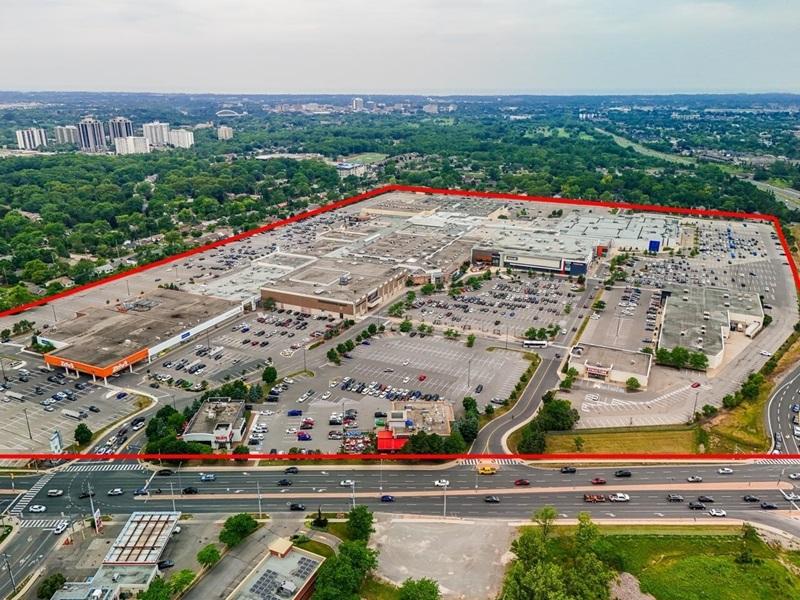GUEST SUBMISSION: The Government of Canada unveiled its 2021 budget A Recovery Plan for Jobs, Growth, and Resilience, on April 19, its first budget in two years. As expected, the budget is aimed at supporting businesses during the pandemic and, more importantly, getting the country on the road to post-pandemic recovery.
The budget commits just over $100 billion in spending above and beyond an unprecedented deficit of $354 billion in the 2020-’21 fiscal year, which is expected to drop to almost $31 billion by the 2025-’26 fiscal year.
Since the onset of the pandemic 13 months ago and throughout the first, second and now third waves, the Canadian government has spared no expense to deploy billions in additional financial aid by extending or introducing new programs to support workers and businesses, unveiling an alphabet soup of acronyms (CERB, CESB, LEEFF, BCAP, CEBA, CEWS and CECRA), some of which are directly aimed at supporting the commercial real estate (CRE) sector.
Meanwhile, the CRE sector continues to feel secondary impacts from reduced economic activity and “wait-and-see” disruptions as heightened uncertainty and risk cause occupiers to delay business investment or expansion plans.
With the rapid deployment of various vaccines now underway, and a consensus view that we will begin to return to “normal” life starting in the fall, the government continues to extend its support to the CRE sector, including:
Canada Emergency Rent Subsidy (CRES) and lockdown support
The programs were initially introduced to help businesses partially offset their eligible rent expenses.
To date, these measures have provided $2.6 billion in support to more than 154,000 Canadian businesses with rent, mortgage, and other expenses. Previously set to expire in June 2021, the government has extended the programs until Sept. 25, 2021.
However, the maximum base rent subsidy rate will be gradually decreased beginning July 4, 2021 to ensure an orderly phase-out of this program as vaccinations are completed and the economy reopens.
Rental subsidy phase out:
– Period 17: June 6 to July 3, 2021 – 65%
– Period 18: July 4 to July 31, 2021 – 60%
– Period 19: Aug. 1 to Aug. 28, 2021 – 40%
– Period 20: Aug. 29 to Sept. 25, 2021 – 20%
The lockdown support rate will remain at 25% for the qualifying periods – June 6, 2021 to Sept. 25, 2021.
The government estimates the extension of CERS and lockdown support will cost $1.9 billion in the 2021-’22 fiscal year. Meanwhile, the government will also be seeking legislative authority to extend the program until Nov. 20, 2021, if required.
The Canada Emergency Wage Subsidy (CEWS)
The CEWS was created to protect jobs by helping businesses keep employees on the payroll and encouraging employers to re-hire their workers. This program has helped more than 5.3 million Canadians stay employed and injected upwards of $73 billion in support to the Canadian economy.
CEWS has also been extended until Sept. 25, 2021 to help companies and employers get through the third-wave lockdown measures. Like CERS, this program will begin a decreased subsidy rate on July 4, 2021 as part of the phase-out of the program.
It is estimated that the extension of the wage subsidy will cost $10.1 billion in 2021-’22.
Again, the government has noted it will be seeking legislative authority to extend the subsidy until Nov. 20, 2021, if required.
New vacant office conversion
As part of the government’s new affordable-housing spending initiative, the budget sets aside $300 million in Rental Construction Financing Initiative funding in 2021-’22 and 2022-’23 fiscal to support the conversion of vacant or under-utilized commercial property into 800 units of market-based rental housing (this equates to $375,000 per unit).
This will be a welcome respite for some landlords, particularly those with assets in major urban centres which are facing higher vacancy rates.
This type of conversion is already in play in Calgary where a now-vacant, 10-storey office building (the former home of Dome Petroleum, now known as Sierra Place) will soon become the first downtown office tower to be converted into a residential building with the aid of new city funds.
As Canadian citizens and companies face the continued unpredictability of the pandemic, there is some reassurance in the government’s efforts to support not only the CRE sector, but the broader economy – despite many pundits’ concerns over rising debt levels.
Bill Argeropoulos is an Avison Young principal and the firm’s Canadian research practice leader. He is based in the company’s global headquarters in Toronto.







